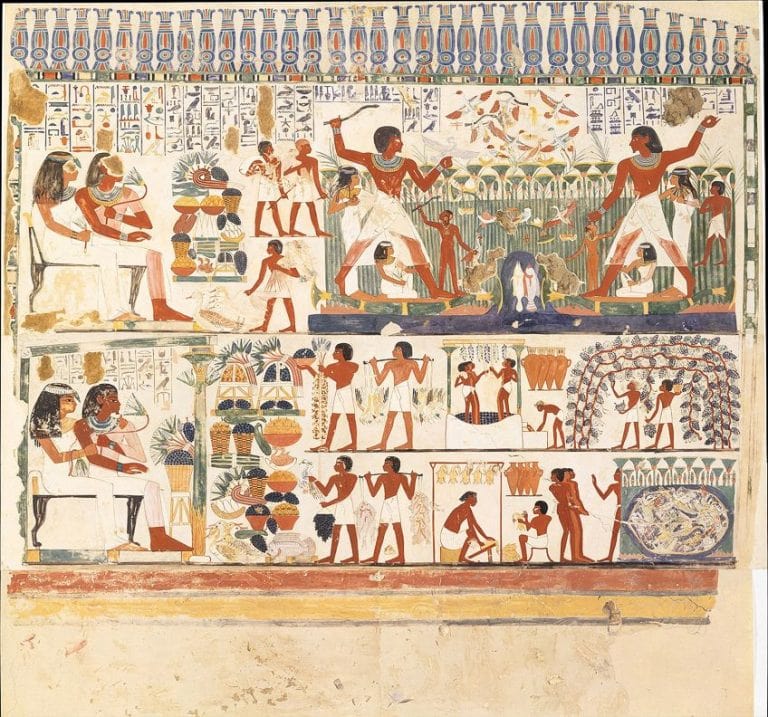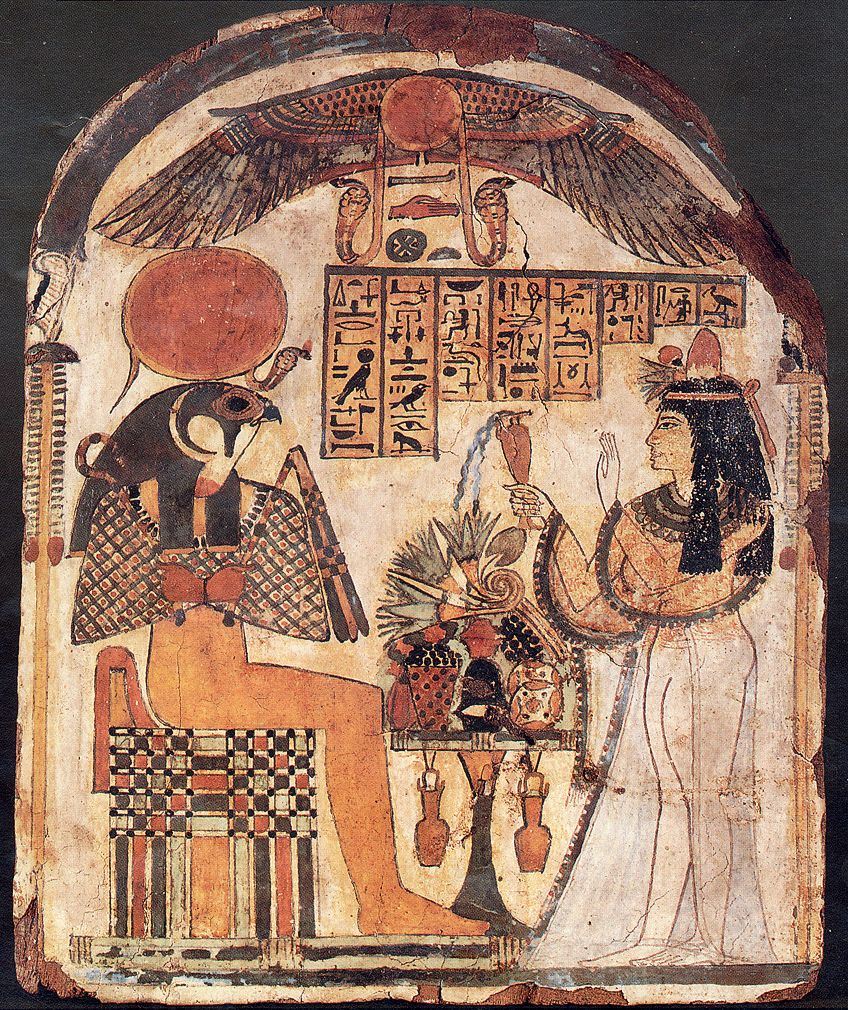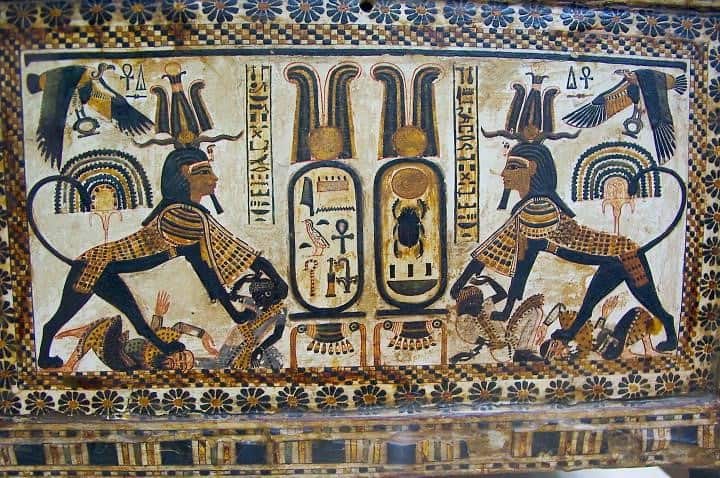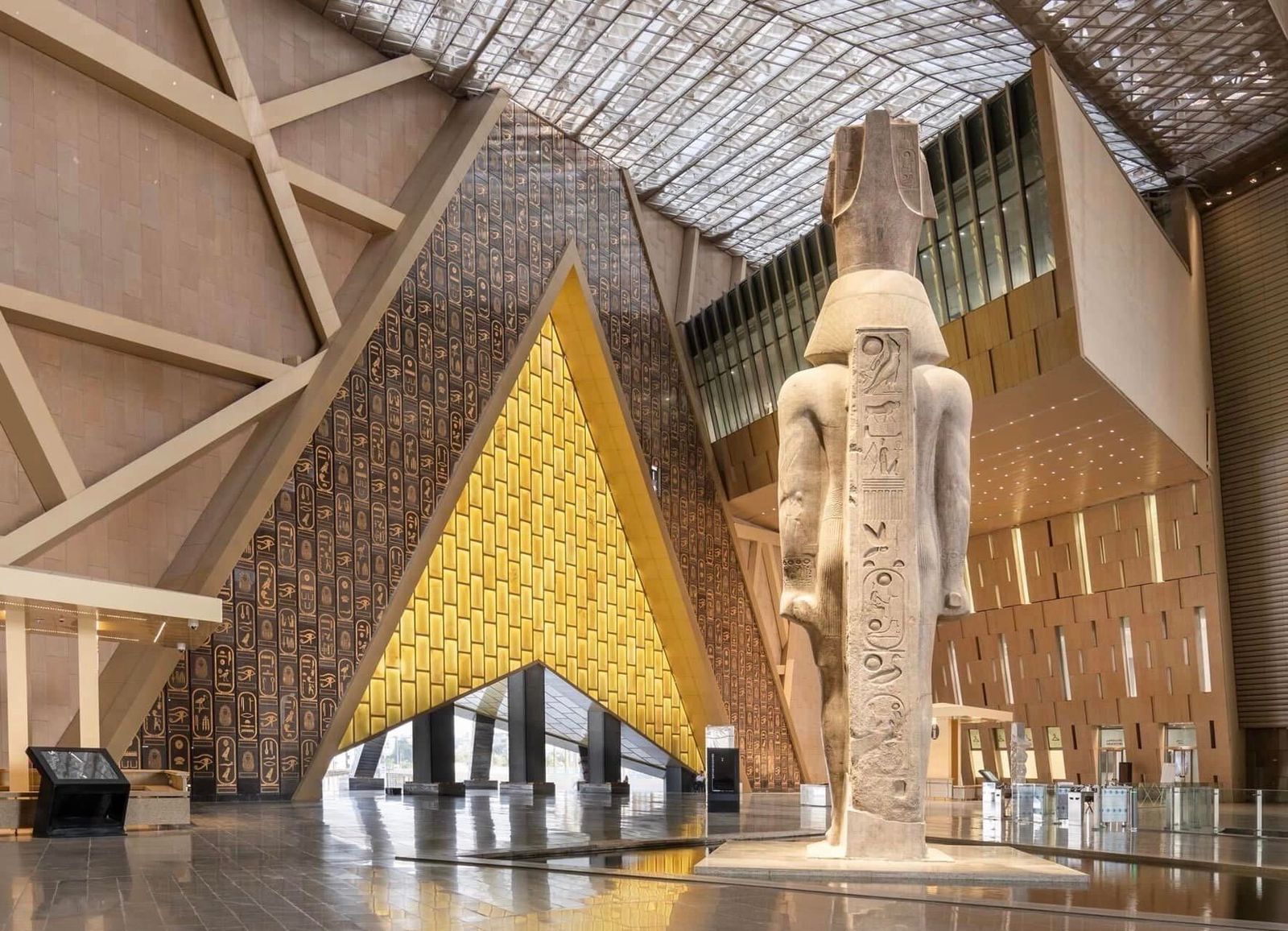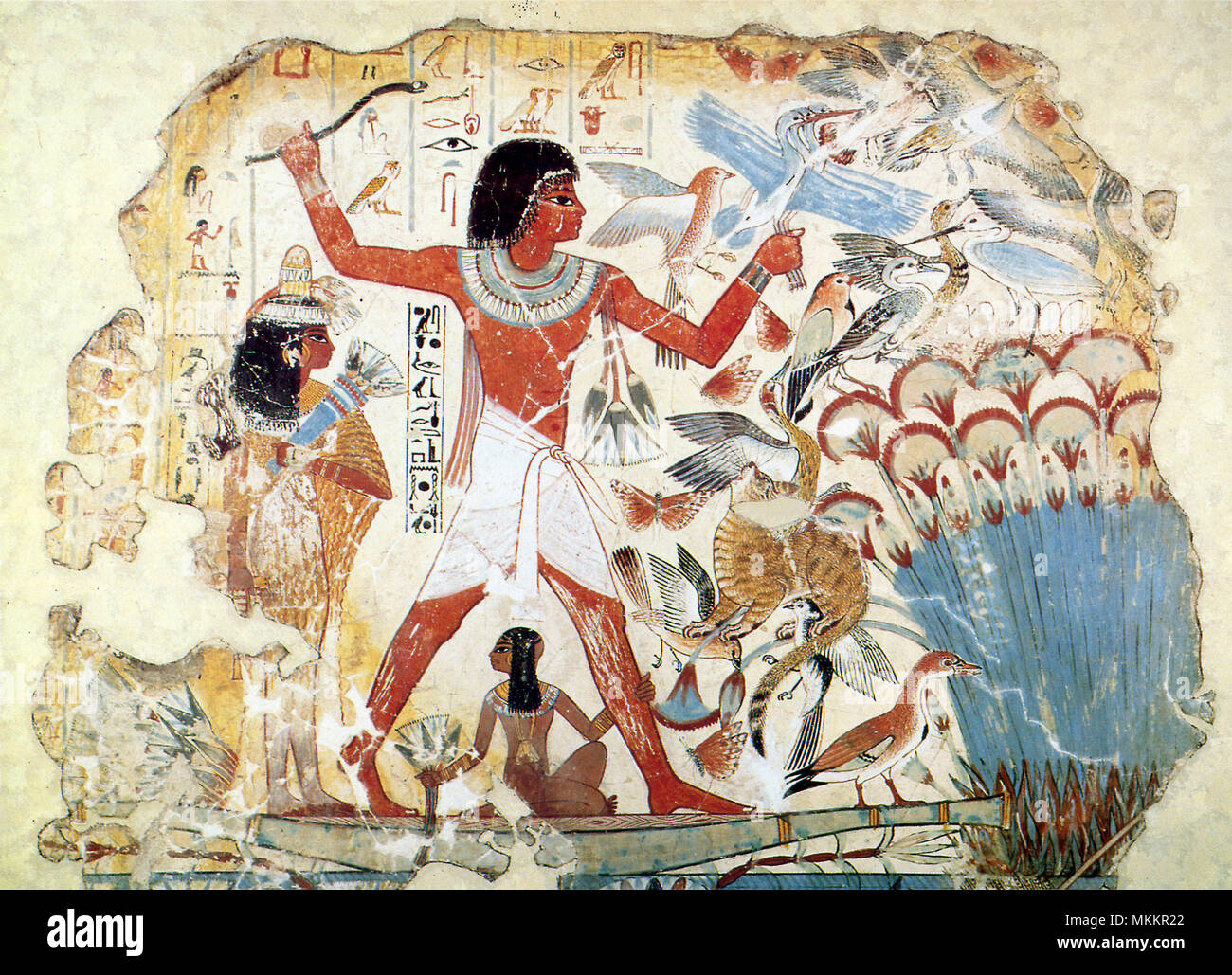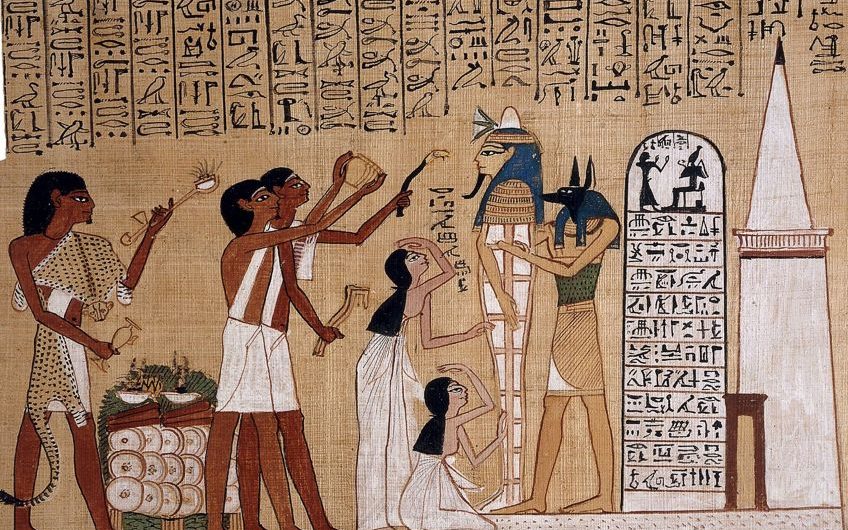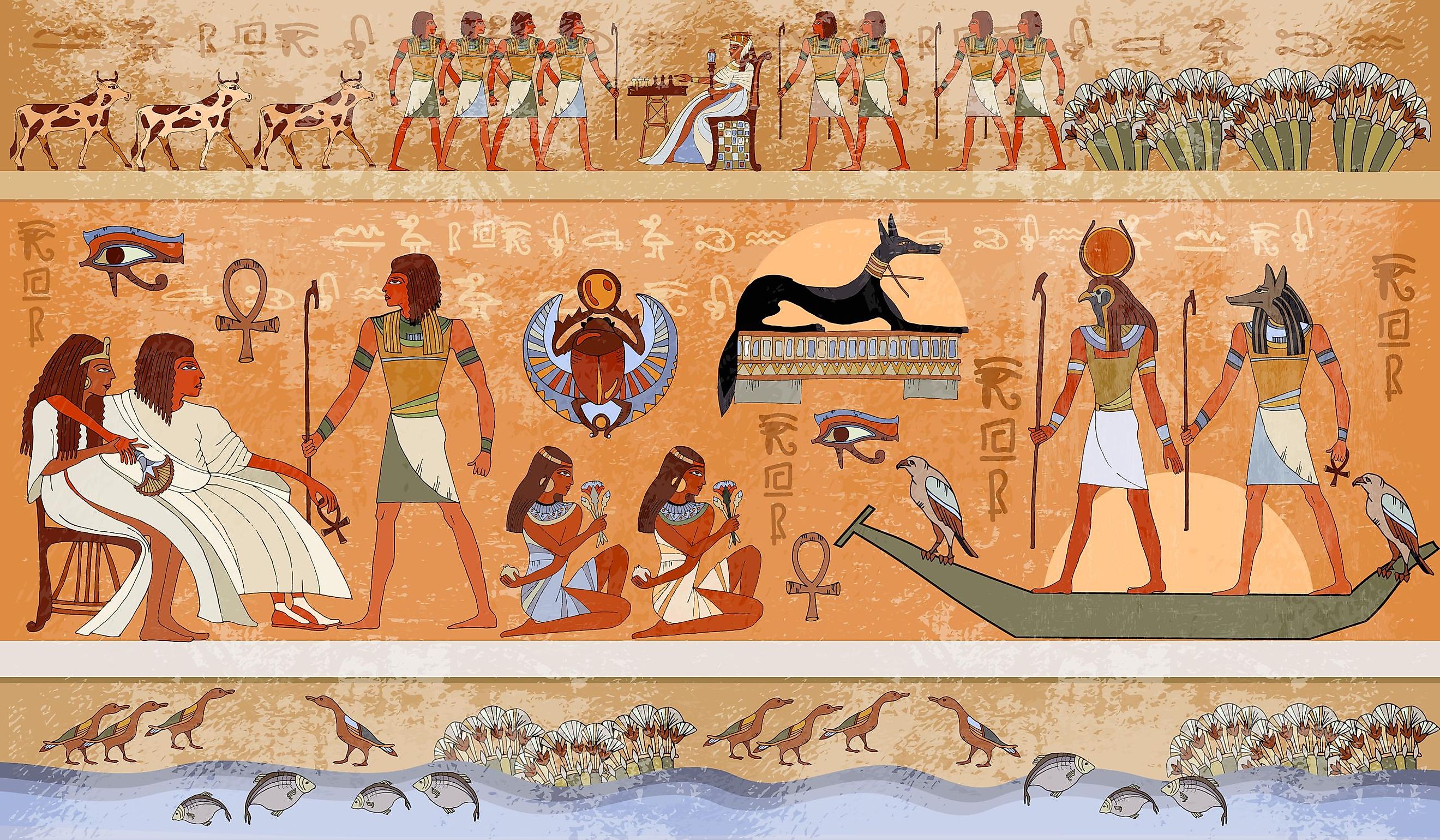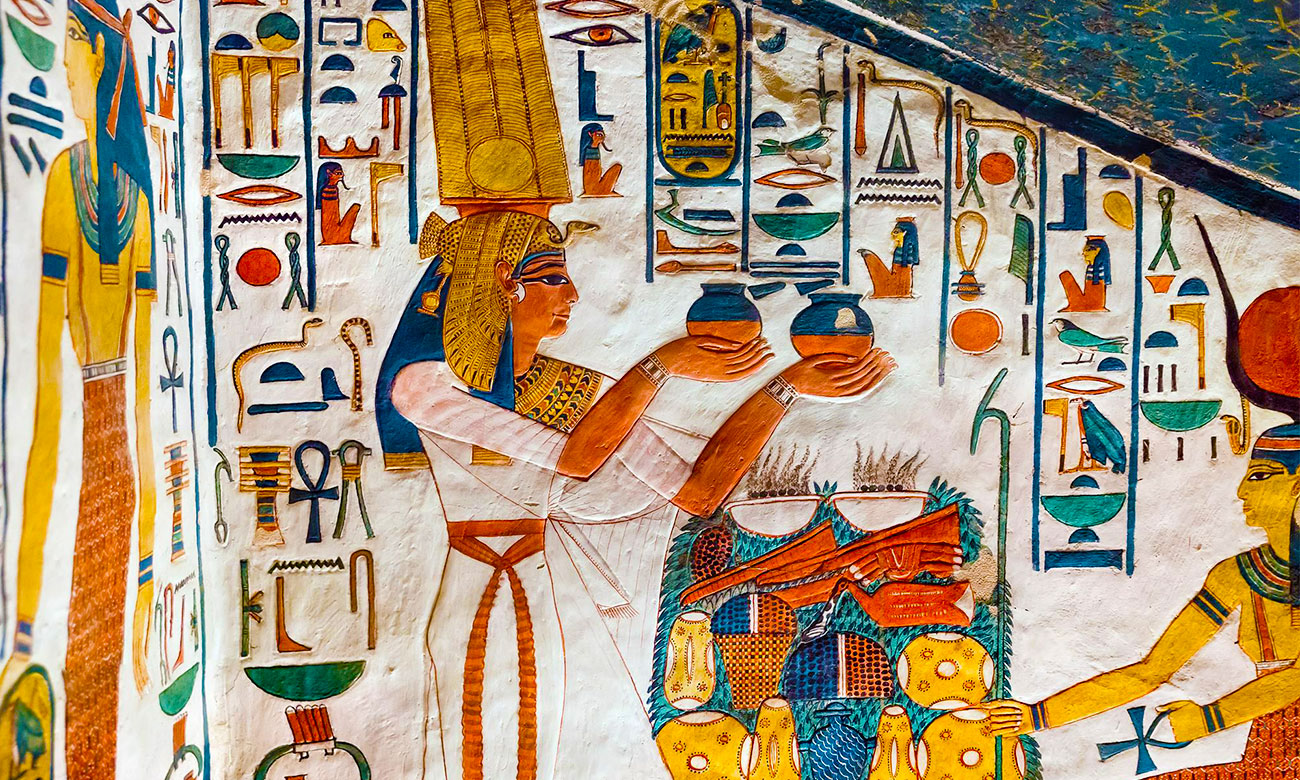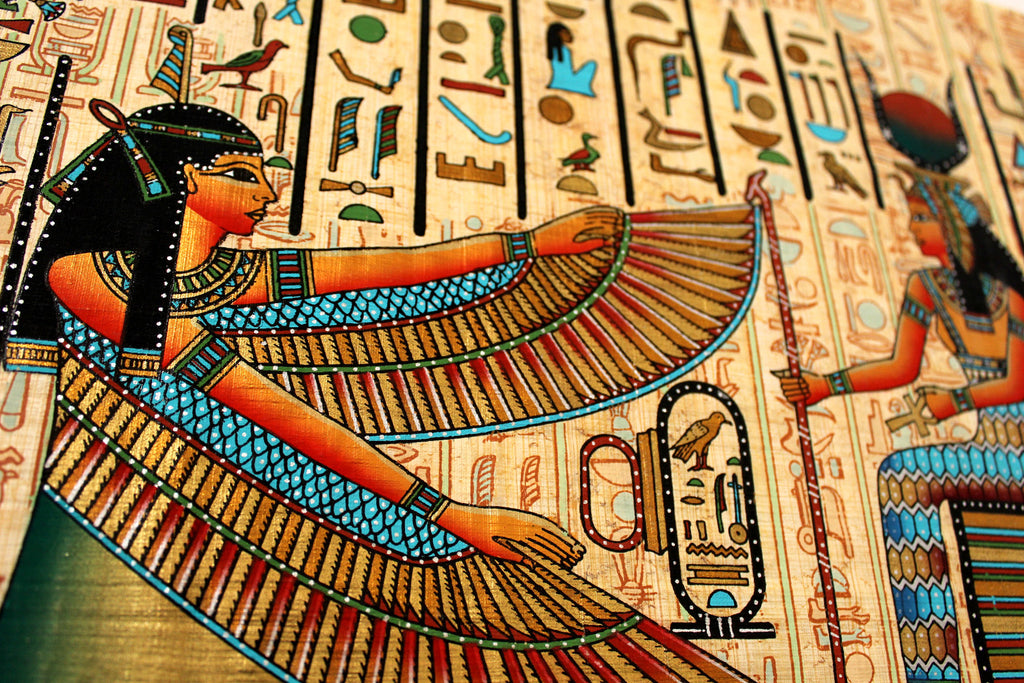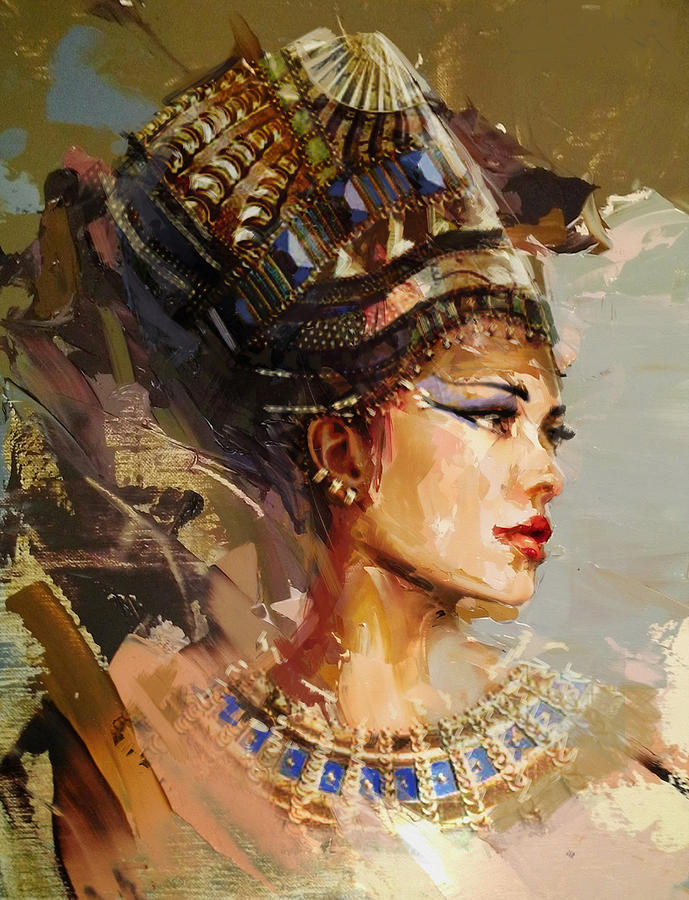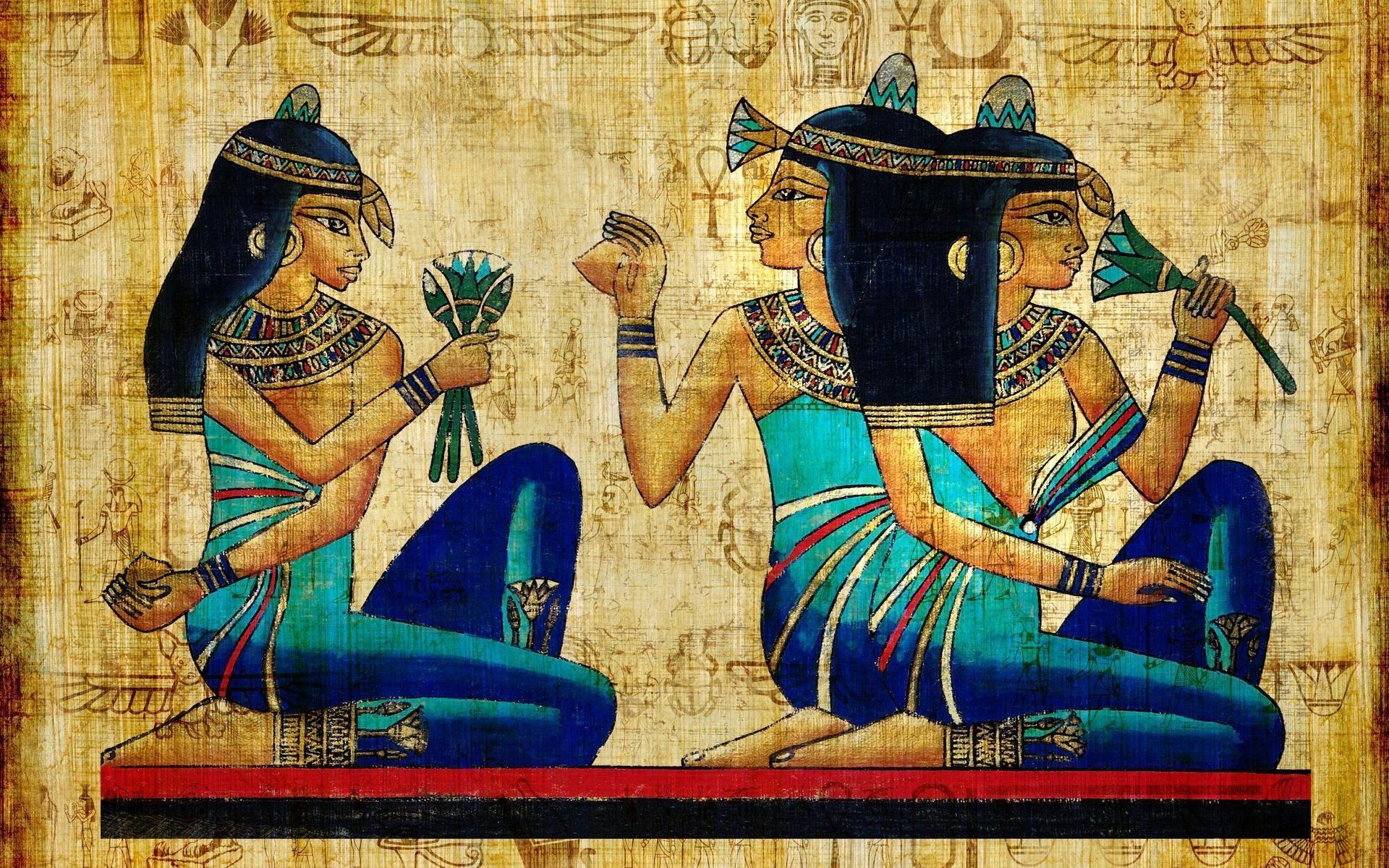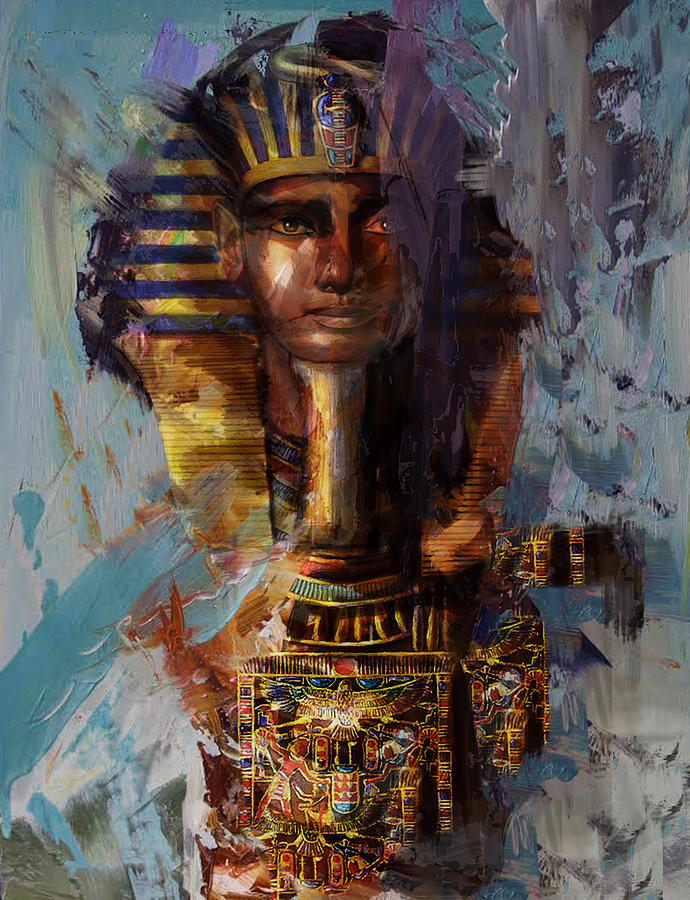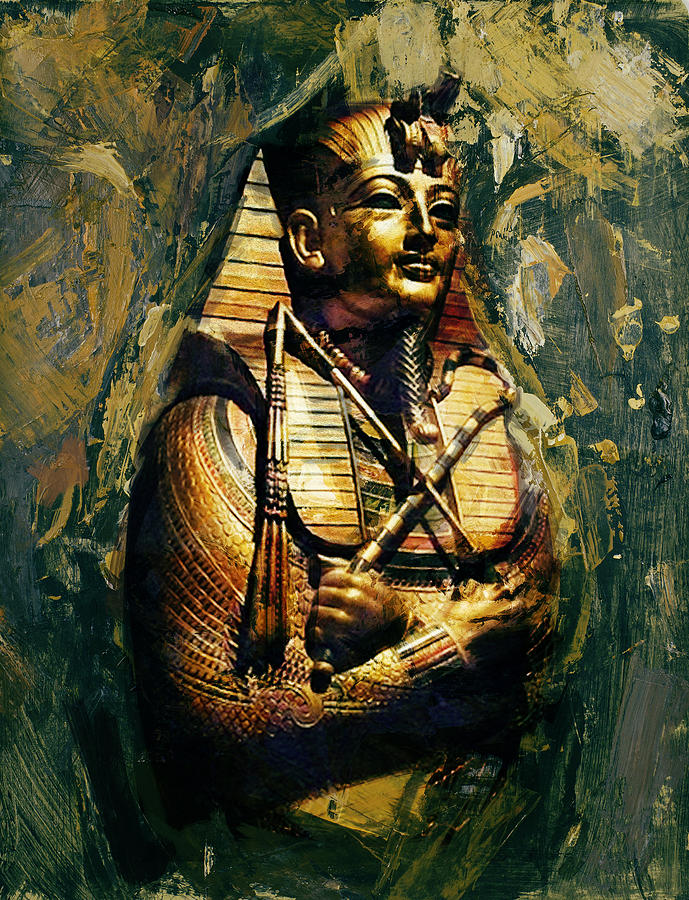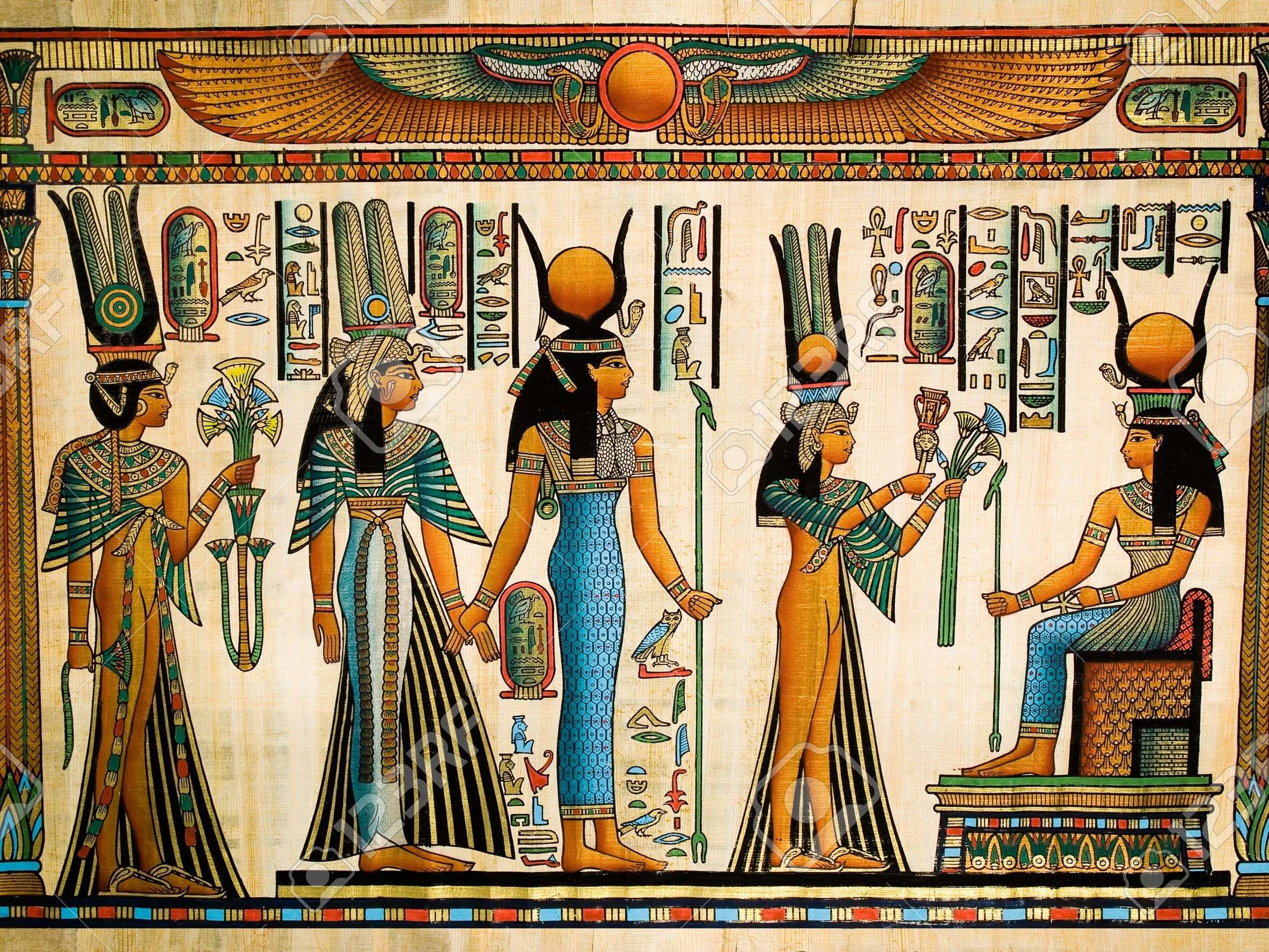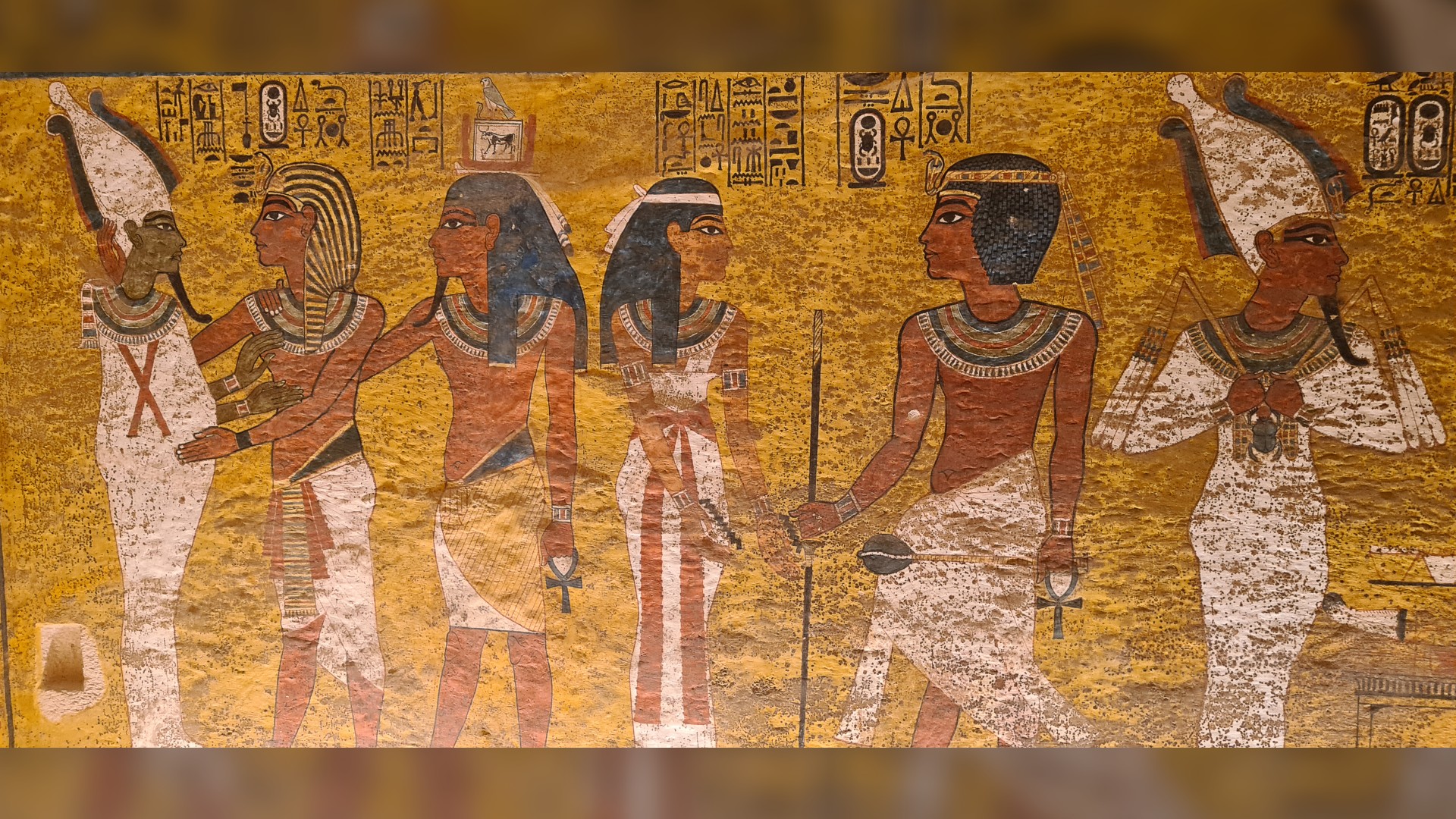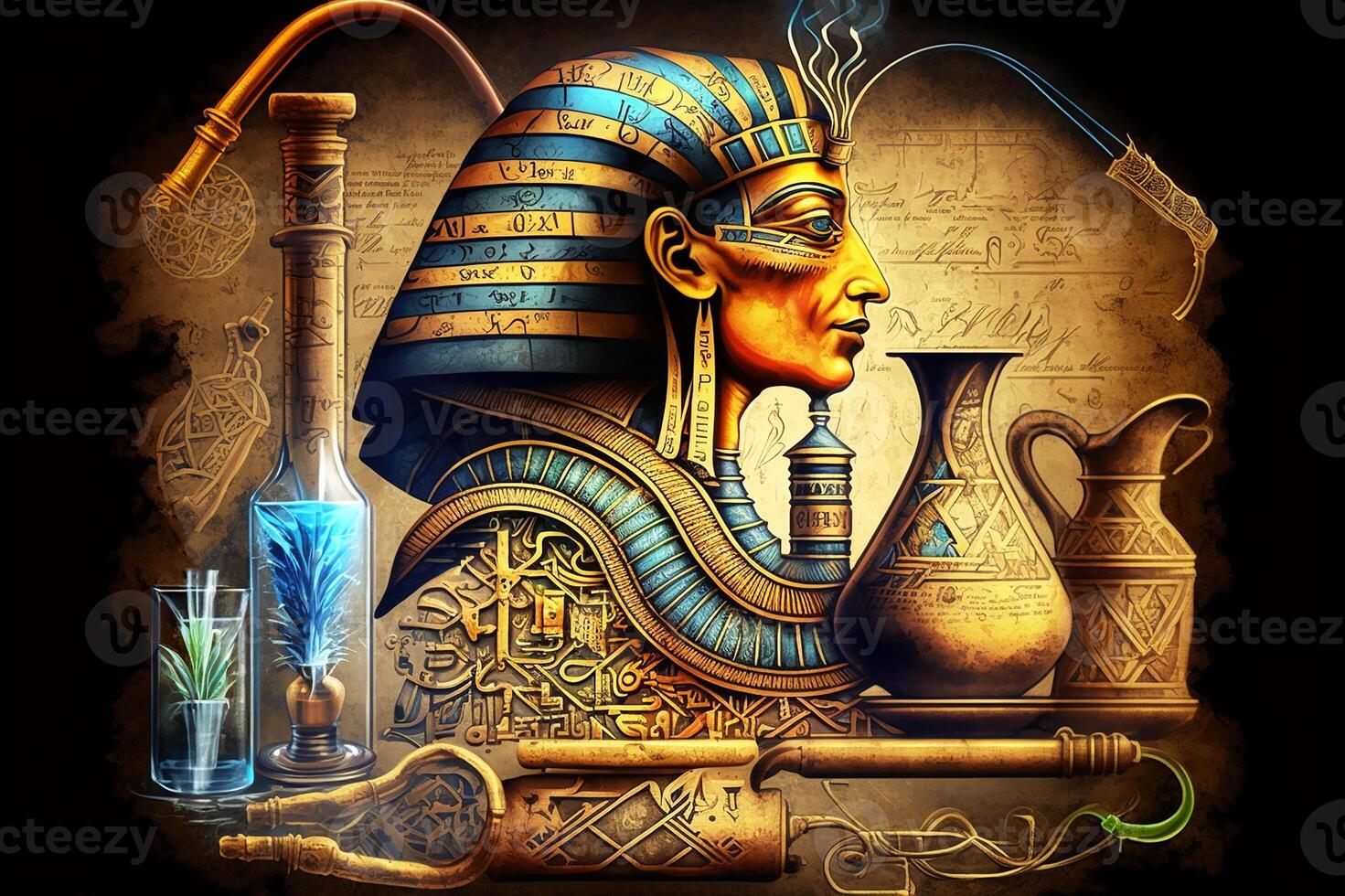Last update images today Decoding Ancient Egypt: Art Through Paintings
Decoding Ancient Egypt: Art Through Paintings
Introduction:
Step back in time and unravel the mysteries of Ancient Egypt through its captivating art. Egyptian art paintings, more than just decoration, served as a powerful form of communication, storytelling, and a gateway to understanding their beliefs, values, and daily lives. This article delves into the world of Egyptian paintings, exploring their techniques, symbolism, and enduring legacy. Whether you are a history enthusiast, an art lover, or simply curious about ancient civilizations, prepare to be mesmerized by the vibrant colors and intricate details of this ancient art form. Our target audience is anyone interested in history, art, ancient cultures, and archaeology.
Understanding the Purpose of Egyptian Art Paintings
Egyptian art paintings weren't created solely for aesthetic appeal. They were deeply intertwined with their religious beliefs and the afterlife. The purpose of Egyptian art paintings served multiple roles:
- Religious Rituals: Many paintings adorned the walls of tombs and temples, serving as offerings to the gods and ensuring the deceased's safe passage into the afterlife. Keywords: Egyptian art paintings religious purpose, afterlife art.
- Historical Records: Paintings documented important events, pharaohs' reigns, and scenes from daily life, providing valuable insights into their society. Keywords: Egyptian art paintings historical records, pharaohs.
- Symbolic Representation: Colors, figures, and objects held symbolic meanings, conveying specific messages about power, divinity, and the cosmos. Keywords: Egyptian art paintings symbolic representation, ancient symbols.
- Magical Protection: Certain images were believed to possess magical properties, warding off evil spirits and ensuring the well-being of the deceased. Keywords: Egyptian art paintings magical protection, tomb art.
Materials and Techniques in Egyptian Art Paintings
The creation of Egyptian art paintings involved a meticulous process and the use of readily available materials. The ancient Egyptians' ingenuity in sourcing and utilizing these resources is truly remarkable:
- Pigments: Colors were derived from natural sources, such as minerals, plants, and insects. Common colors included red (ochre), yellow (orpiment), blue (azurite or Egyptian blue), green (malachite), black (charcoal), and white (chalk). Keywords: Egyptian art paintings pigments, natural colors.
- Binders: Pigments were mixed with binding agents, such as gum arabic or animal glue, to create a workable paint. Keywords: Egyptian art paintings binders, ancient paint.
- Surfaces: Paintings were typically applied to plastered walls in tombs and temples, or on papyrus scrolls. Keywords: Egyptian art paintings surfaces, papyrus art.
- Techniques: The Egyptians employed a stylized approach, using a combination of flat perspective and hierarchical scale (where the size of a figure indicates its importance). They also used a grid system to ensure accurate proportions. Keywords: Egyptian art paintings techniques, flat perspective.
Key Features and Characteristics of Egyptian Art Paintings
Several distinctive features characterize Egyptian art paintings, making them instantly recognizable and offering clues to their cultural significance:
- Hieroglyphs: Often incorporated into paintings, hieroglyphs provided context and narrative, identifying figures and events. Keywords: Egyptian art paintings hieroglyphs, ancient writing.
- Stylized Figures: Figures were typically depicted in a profile view with a frontal eye, adhering to a specific set of conventions. Keywords: Egyptian art paintings stylized figures, profile view.
- Vibrant Colors: The use of bright, saturated colors added to the visual impact of the paintings, conveying energy and vitality. Keywords: Egyptian art paintings vibrant colors, ancient color palettes.
- Symbolism: Animals, objects, and gestures were imbued with symbolic meanings, representing specific deities, concepts, or attributes. Keywords: Egyptian art paintings symbolism, animal symbols.
Famous Examples of Egyptian Art Paintings
To truly appreciate the beauty and significance of Egyptian art paintings, let's explore some iconic examples:
- Tomb of Nefertari: The walls of Queen Nefertari's tomb are adorned with exquisite paintings depicting scenes from her journey to the afterlife. Keywords: Tomb of Nefertari paintings, Nefertari afterlife.
- Tomb of Tutankhamun: Discovered in 1922, Tutankhamun's tomb contained numerous artifacts and paintings, providing a wealth of information about ancient Egyptian life and beliefs. Keywords: Tomb of Tutankhamun paintings, Tutankhamun's tomb.
- Book of the Dead: This collection of funerary texts and illustrations guided the deceased through the underworld, featuring vivid depictions of gods, demons, and the afterlife journey. Keywords: Book of the Dead paintings, afterlife journey.
- Scenes from Daily Life: Many tombs and temples depict scenes of farming, hunting, feasting, and other daily activities, offering a glimpse into the lives of ordinary Egyptians. Keywords: Egyptian art paintings daily life, ancient Egyptian culture.
The Enduring Legacy of Egyptian Art Paintings
Egyptian art paintings have had a profound influence on art and culture throughout history. Their stylized forms, vibrant colors, and symbolic imagery have inspired artists, designers, and filmmakers for centuries. From the art deco movement to modern fashion, the legacy of Egyptian art paintings continues to resonate in contemporary society. Studying Egyptian art paintings allows us to connect with a rich cultural heritage and gain a deeper understanding of the human experience. Keywords: Egyptian art paintings legacy, influence on art.
Question and Answer:
- Q: What was the main purpose of Egyptian art paintings?
- A: Primarily religious and funerary, ensuring a safe passage to the afterlife, documenting history, and conveying symbolic messages.
- Q: What materials were used to create these paintings?
- A: Natural pigments like ochre, azurite, malachite, charcoal, and chalk, mixed with binders like gum arabic or animal glue, applied on plastered walls or papyrus.
- Q: What are some key features of Egyptian art paintings?
- A: Hieroglyphs, stylized figures, vibrant colors, and rich symbolism.
- Q: Can you name a famous example of Egyptian art paintings?
- A: The paintings in the Tomb of Nefertari, the Tomb of Tutankhamun, and the illustrations in the Book of the Dead are famous examples.
- Q: What is flat perspective on painting?
- A: Flat perspective is a technique in art where objects are represented on a flat plane without any sense of depth or recession.
In summary, Egyptian art paintings served religious, historical, and symbolic purposes, utilizing natural materials and stylized techniques. Famous examples include the Tomb of Nefertari and the Book of the Dead.
Keywords: Egyptian Art Paintings, Ancient Egyptian Art, Tomb Art, Hieroglyphs, Egyptian Symbols, Ancient Egypt, Art History, Religious Art, Nefertari, Tutankhamun, Book of the Dead, Ancient Culture, Art Techniques, Ancient Paintings, Egyptian Civilization.
Majestic Egyptian Canvas Art 7d4587910bee542e151ca29a835cb19b Art D Gypte Launches Its Third Edition Bringing Art To The Pyramids Forever Is Now 02 Egyptian Art Paintings Egyptian Culture 37 Maryam Mughal Rare Egyptian Artwork Revealed On The Wall S Of Ancient Temple Egyptian Art Egyptian Boat Painting Banque De Photographies Et D Images Haute Peinture Rupestre Egyptienne Mkkr22 Egyptian Art The Rich Art History Of Ancient Egypt Egyptian Art 848x530 Pin By Muneesh Kumar On Ancient Egypt Art In 2025 Ancient Egyptian 7a2831113abccffa1e8ea4beeaf2f470 Egyptian Art UYVmBQJyPSKc3g9fzRr7UZ
Pin By Giulio Carlo Zannetti On Plastiche In 2024 Ancient Egypt 98d9da9d92056ed7acab886d59f7aeeb Cleopatra Egyptian Painting 10 Scaled Maat And Isis Ancient Egyptian Papyrus Painting Arkan Gallery PH3C 1024x1024 The Art Of Ancient Egyptian Paintings And Relief Sculptures YouTube Maxresdefault Maat And Isis Ancient Egyptian Papyrus Painting Arkan Gallery PH3D 1024x1024 Egyptian Art E4d1bf66 0438 48db 844c 10dd8a345255 Free Photo Egyptian Paintings Egyptian Morocco Old Free Download Egyptian Paintings 3 Egyptian Art Wallpapers Top Nh Ng H Nh Nh P 271702
Top 10 Outstanding Ancient Egyptian Paintings Cartouche Of Tutankhamun Original Painting Ancient Egypt Abstract King Tut Ankh Amon Egyptian 55ffdc000d9c94bedd1cff1b7968a705 Egyptian Pharaoh Paintings Egyptian Culture 3b Maryam Mughal Egyptian Art Perspective At Evelyn Bromley Blog The Art Of Ancient Egypt Paintings Frescoes Generative Ai Photo Egyptian Art And Architecture Facts Introduction Focus Description Scenes Tomb Of Nakht Tempera Paper Tomb 1915 Egyptian Art An Exploration Of Ancient Egyptian Art And Its Influences Egyptian Paintings On Sheles Photos From The Wall Paintings Of The Tomb Chapel Of Nebamun A Wealthy D0aa5421ee2979f0fc6187fd2d2fb038 Ancient Egypt Scene Ancient Mythological Scenes Of Egyptian Gods And 5ce695ef3aae48447b8d97cad7f4b7dd
Egyptian Art Shutterstock 587869652 1 Egyptian Painting Egyptian Art Ancient Egyptian Art A Vrogue Co Egyptian Culture 11 Maryam Mughal Art Cairo 2025 Returns To The Grand Egyptian Museum Egyptian Streets Grand20Egyptian20Museum20Image Pin By Dimitris Papastergiou On Ancient History Egypt Concept Art 361b92fb19d184525fd1ea33bc1a10c0 Art Ancient Egypt Temples Architecture And Monuments Ancient 4b52a933fcddeb815be9af9a906eb0b0 Pin By Enzo Inter On Tutt Art In 2025 Ancient Egyptian Art Egyptian 343ef70dffbd89d0a155fb9fc3a3666b Egyptian Paintings Search Result At PaintingValley Com Egyptian Painting 21
Egyptian Art An Exploration Of Ancient Egyptian Art And Its Influences Egyptian Paintings 768x717 Ancient Egyptian Art History Facts Purpose Symbolism Ancient Egyptian Art Egypt Tours Portal Egyptian Art And Architecture Facts Introduction Focus Description Anubis Egyptian Book Of The Dead Dead C 1275 Bce
